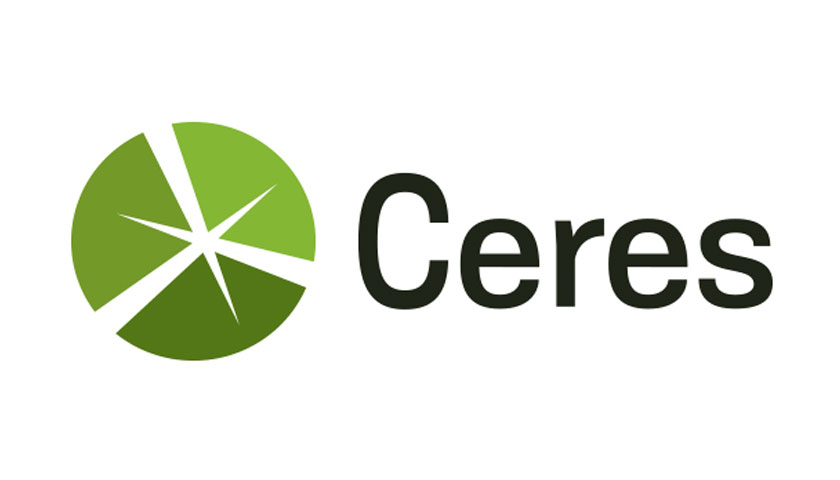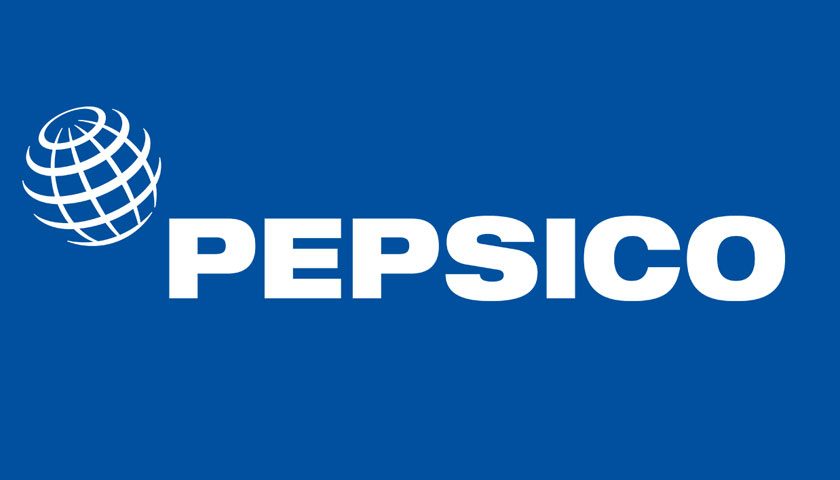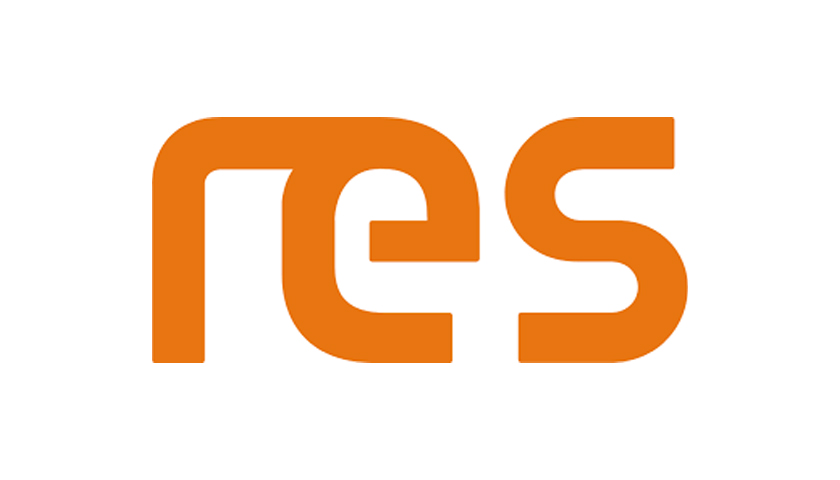Ahead of the COP26 summit, Getty Images, a world leader in visual communication, has unveiled new research which reveals that 88% of people living in the UK would practice living a sustainable lifestyle if it cost them the same or less than what they’re paying today. The research also confirmed that the main barrier for people practicing sustainability in their every day is the expense (42%) while almost a quarter of respondents said they need more information on how to live sustainably. The findings are reported within research for Getty Images’ creative insights platform Visual GPS, completed in conjunction with global market research firm MarketCast.
The UK public are also wielding their spending power to send a message to business, with 55% of people saying they only buy products from brands that make an effort to be eco-friendly. However, the majority of people see government as having the most responsibility around climate action and sustainability, followed by business.
The report also finds the most common actions people take toward climate action and sustainability are recycling (73%), followed by reusing, repairing or purchasing second-hand instead of buying new (47%), using environmentally friendly products (39%), stopping the use of single-use products (39%) and making their homes more energy efficient (37%). Yet only 25% of those surveyed say they do everything they can to practice a sustainable lifestyle.
“The issue of climate action has never been more urgent, and our research shows people in the UK are willing and ready to do more – but they need the government and business to break down barriers to action and show them how they can make a difference,” comments Dr Rebecca Swift, Global Head of Creative Insights at Getty Images.
“The research also demonstrates how repetitive use of visuals in business and government communications showing people the small steps they can take toward sustainability can have a positive impact on the environment,” continues Dr Swift. “Recycling, energy awareness and reusable items are all popular visual cues which have for some time been used to illustrate sustainable living.”
Making sustainability personal
Customer searches on gettyimages.com show that businesses are expanding how they illustrate issues of climate action and sustainability, with searches up year over year for ‘renewable energy’ (+45%), ‘sustainable business’ (+91%), ‘sustainable farming’ (+263%) and ‘biodiversity’ (+128%), alongside more domestic representations such as ‘green home’ +319% or ‘electric car charging’ (+93%).
“What’s clear from our research is that when visual communications – whether an ad on TV or local council website – make sustainability personal and show the actions the average person can take, that drives real consumer behaviour. With people saying they need more information on how to live sustainably, this is a clear call to action for the government and businesses to expand the visual cues they are using and encourage further sustainable behaviours,” finishes Dr Swift.



